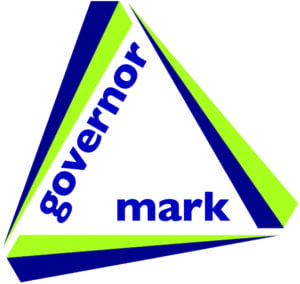Years 7-9
In computing we aim to develop confidence students who understand the digital world in which they live. We follow the broad strands of computer science, information technology, digital literacy and E-safety. Students will be able to:
- design, use and evaluate computational abstractions that model the state and behaviour of real-world problems and physical systems
- understand several key algorithms that reflect computational thinking [for example, ones for sorting and searching]; use logical reasoning to compare the utility of alternative algorithms for the same problem
- use two or more programming languages, at least one of which is textual, to solve a variety of computational problems; make appropriate use of data structures [for example, lists, tables or arrays]; design and develop modular programs that use procedures or functions
- understand simple Boolean logic [for example, AND, OR and NOT] and some of its uses in circuits and programming; understand how numbers can be represented in binary, and be able to carry out simple operations on binary numbers [for example, binary addition, and conversion between binary and decimal]
- understand the hardware and software components that make up computer systems, and how they communicate with one another and with other systems
- understand how instructions are stored and executed within a computer system; understand how data of various types (including text, sounds and pictures) can be represented and manipulated digitally, in the form of binary digits
- undertake creative projects that involve selecting, using, and combining multiple applications, preferably across a range of devices, to achieve challenging goals, including collecting and analysing data and meeting the needs of known users
- create, re-use, revise and re-purpose digital artefacts for a given audience, with attention to trustworthiness, design and usability
- understand a range of ways to use technology safely, respectfully, responsibly and securely, including protecting their online identity and privacy; recognise inappropriate content, contact and conduct and know how to report concerns.
Assessment
Students will complete a number of assignments throughout Key Stage 3. Due to the nature of the subject the majority of these are computer based, hands-on tasks. For each task students will be expected to give and respond to feedback and make thoughtful amendments to improve their work. Students will be given the opportunity to complete both individual and group assessment tasks.


